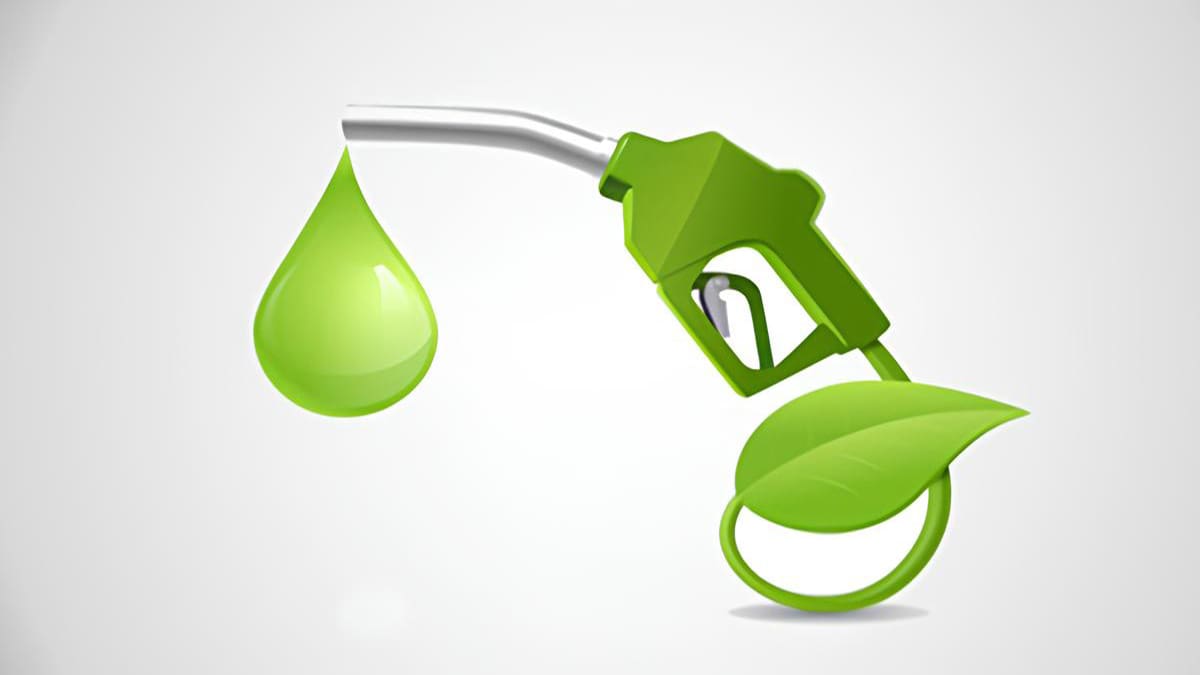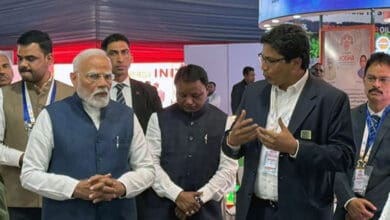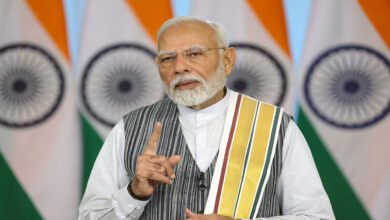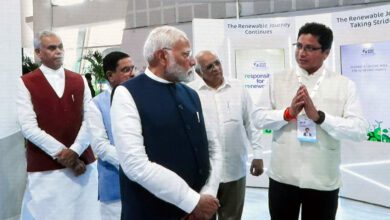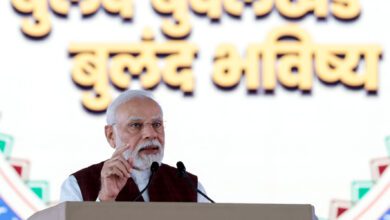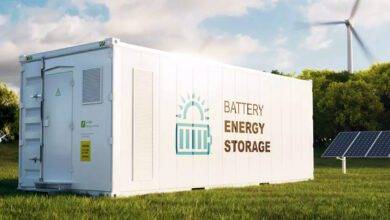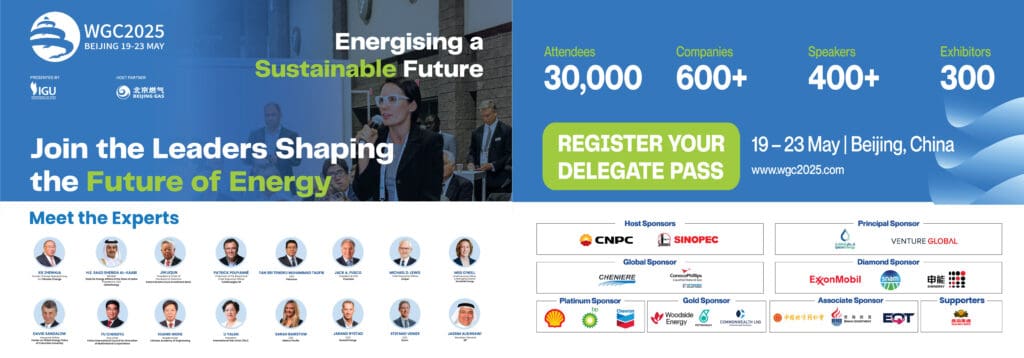The Cabinet Committee on Economic Affairs (CCEA), chaired by Prime Minister Narendra Modi, has approved the revision of ethanol procurement prices for Public Sector Oil Marketing Companies (OMCs) under the Ethanol Blended Petrol (EBP) Programme. The revised pricing mechanism will be applicable for the Ethanol Supply Year (ESY) 2024-25, spanning from November 1, 2024, to October 31, 2025.
As per the new pricing structure, the ex-mill price of ethanol derived from C Heavy Molasses (CHM) has been increased from ₹56.58 per litre to ₹57.97 per litre. The 3% price hike is aimed at ensuring sufficient ethanol availability to meet the government’s blending targets while offering stable and remunerative prices for ethanol suppliers. Additionally, Goods and Services Tax (GST) and transportation charges will be paid separately to benefit sugarcane farmers.
The EBP Programme is a key government initiative designed to promote the use of alternative and environmentally friendly fuels. Under this programme, OMCs sell petrol blended with ethanol, with the current blending target set at 20% by ESY 2025-26, a goal that was initially set for 2030 but has been advanced. In the ongoing ESY 2024-25, OMCs aim to achieve an 18% blending target.
Ethanol blending has seen significant growth over the past decade. From just 38 crore litres in ESY 2013-14, the ethanol supply to OMCs surged to 707 crore litres in ESY 2023-24, achieving an average blending rate of 14.60%. The blending initiative has resulted in substantial economic benefits, saving approximately ₹1,13,007 crore in foreign exchange and replacing about 193 lakh metric tonnes of crude oil imports as of December 31, 2024.
To facilitate the ambitious ethanol blending targets, the government has implemented several strategic initiatives. These include enhancing ethanol distillation capacity to 1,713 crore litres per annum, promoting Long-Term Off-take Agreements (LTOAs) for establishing Dedicated Ethanol Plants (DEPs) in ethanol-deficit states, encouraging the conversion of single-feed distilleries to multi-feed units, and making E-100 and E-20 fuels available. The launch of flexi-fuel vehicles is another step toward achieving energy security and sustainability.
The visibility provided by the government under the EBP Programme has attracted significant investments in greenfield and brownfield distilleries, storage, and logistics infrastructure, fostering employment generation and economic growth. The initiative also ensures timely payments to sugarcane farmers, reducing financial stress in the agricultural sector.
By strengthening ethanol procurement mechanisms and increasing blending targets, the government aims to enhance energy self-sufficiency, reduce crude oil dependency, and mitigate environmental impact, aligning with the objectives of Atmanirbhar Bharat.


